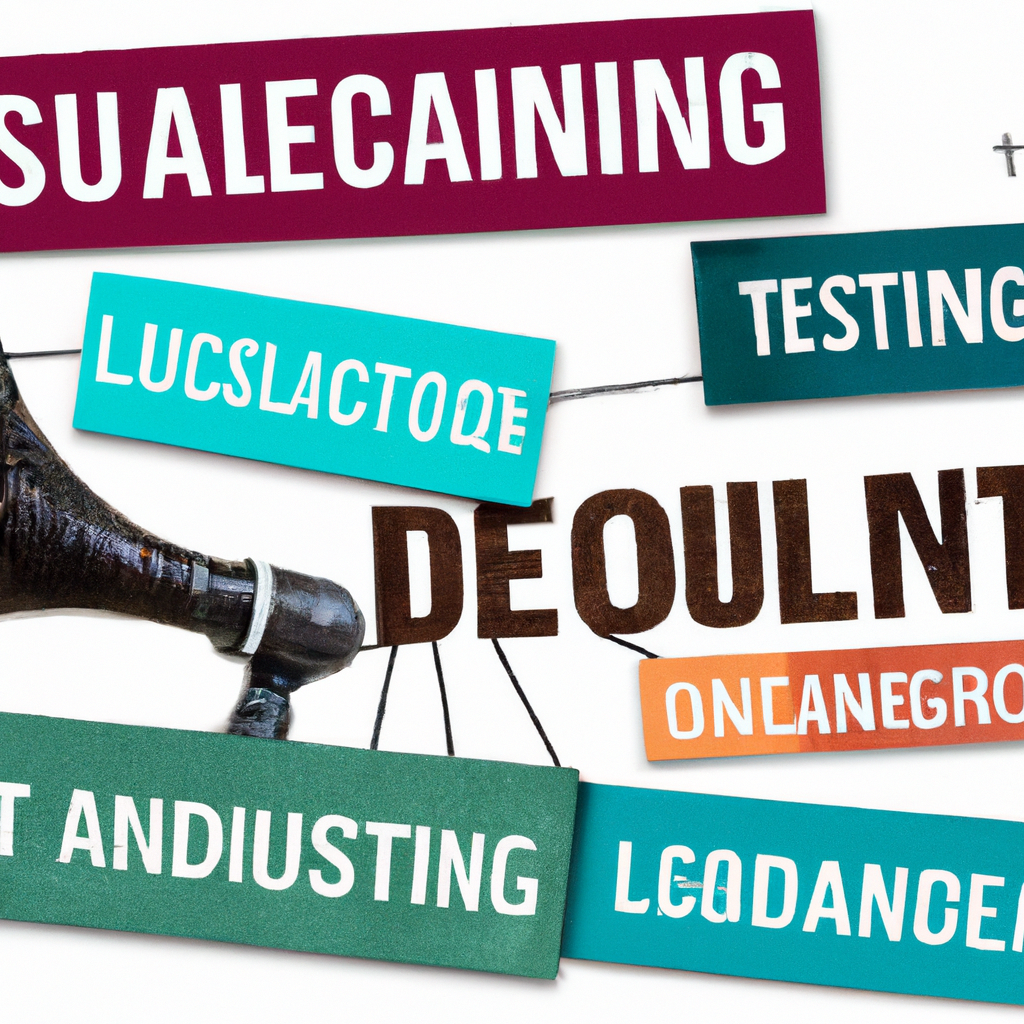In a momentous ruling that reverberates through the corridors of law and ethics, the Supreme Court recently pronounced its decision against the civil liability protections previously afforded to the Sackler family, the proprietors associated with Purdue Pharma, the pharmaceutical giant famously linked to the opioid crisis. This pivotal verdict dismantles the fortress of legal immunity that has, until now, shielded the Sackler family from numerous civil lawsuits.
The opulence of the legal arguments presented during the case was matched by their import; the justices' nuanced examination of jurisprudence underscored the gravity and complexity cloaked in this legal battle. Justice Brett Kavanaugh, albeit in minority, articulated his dissent, branding the court’s decision as “wrong on the law,” a perspective hinting at the intricate judicial philosophies that influenced the deliberations.
The Supreme Court's ruling is not merely a procedural victory for the numerous plaintiffs across the nation, but rather, a profound beacon of accountability that shines across societal sectors plagued by corporate malfeasance. It is a pen stroke that undoes years of protective legal precedent, compelling the Sacklers to face the direct consequences of Purdue Pharma's opioid production and the alleged deception intertwined with its marketing strategies.
This judicial disposition ushers in a new era of corporate responsibility, championing the rights of the individual and community well-being over the shields of wealth and influence. The discourse surrounding this case intertwines with the braided narratives of justice, accountability, and the incessant quest for moral righteousness within the spheres of corporate America. The cultural and societal implications resonating from this decision echo throughout New York City, where art, social justice, and public consciousness converge and dialogues about corporate ethics stir the intellectual and civic landscapes.
This decision not only marks a significant pivot in the legal realm but also signifies a cultural shift towards greater transparency and accountability, reflecting a broader societal insistence on ethical corporate conduct. As the city's artistic and cultural minds ponder the ramifications of this ruling, the conversation undeniably deepens, challenging the community to reflect on the intersecting lines of law, morality, and artistry.
Going forward, the Supreme Court’s decision will undoubtedly serve as a crucial reference point in the ongoing discourse regarding the role of major corporations in the wellness of society, signaling a possibly transformative era in the accountability of pharmaceutical giants. For New York, a city enduringly at the forefront of advocating for social justice and ethical responsibility, the ruling not only reaffirms its values but also reinforces its role as a beacon of cultural and societal progression.

